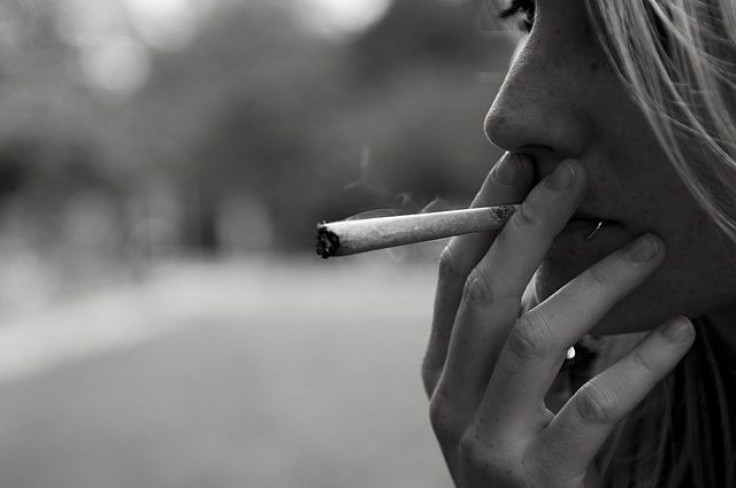Cannabis Use Among US Teens Not Increasing
News that the number of teens using cannabis in the United States in 2018 remained flat compared to 2017 won’t affect the broader picture of a downward spiral in the use of cannabis since the start of this century.
A survey by the federal Substance Abuse and Mental Health Services Administration (SAMHSA) found that 12.5 percent of American teens age 12 to 17 used marijuana in 2018 compared to 12.4 percent in 2017. Since 2002, however, the percentage of teens that reported past-year marijuana use has dropped from 15.8 percent to the current 12.5 percent.
SAMHSA noted this reduction coincided with actions taken by dozens of states to craft or update legal cannabis laws.
The National Organization for the Reform of Marijuana Laws (NORML) said the findings provide more evidence regulation – and not criminalization -- is the best path that keeps pre-teens and teens away from cannabis until they're old enough to know about and cope with the risks.
“A pragmatic regulatory framework that allows for the legal, licensed commercial production and retail sale of marijuana to adults but restricts its use among young people -- coupled with a legal environment that fosters open, honest dialogue between parents and children about cannabis' potential harms -- best reduces the risks associated with the plant's use or abuse," Paul Armentano, NORML Deputy Director, said.
"By contrast, advocating for the marijuana’s continued criminalization only compounds them.”
Colorado and Washington first legalized the adult use of recreational cannabis in 2012. Since then, past-year teen use has plummeted by 8 percent, according to NORML. States with adult use laws for cannabis reported an 8 percent drop in the likelihood of marijuana use. There was also a 9 percent decrease in the likelihood teens will become frequent users.
The main reason for these results, cited by both the federal government and the medical profession, is the continuing decriminalization of marijuana use throughout the U.S. Currently, 11 states and Washington, D.C. have legalized marijuana for recreational use for adults over 21 years old. A further 33 states have legalized medical marijuana.
"There is simply no evidence that legalization -- for medical or recreational purposes -- leads to an increase in teen use," Mark Anderson, an associate professor of agricultural economics and economics at Montana State University, said.
"Opponents of these laws generally state this as a primary concern, but there is just no evidence that teen consumption goes up."
Anderson was lead researcher of the comprehensive Youth Risk Behavior Surveys study published in the journal JAMA Pediatrics in July. This collaborative study found medical marijuana laws have no effect on teen use.
The study was based on responses from over 1.4 million youths living in 27 states and the District of Columbia. The data spanned from 1993 to 2017.




























